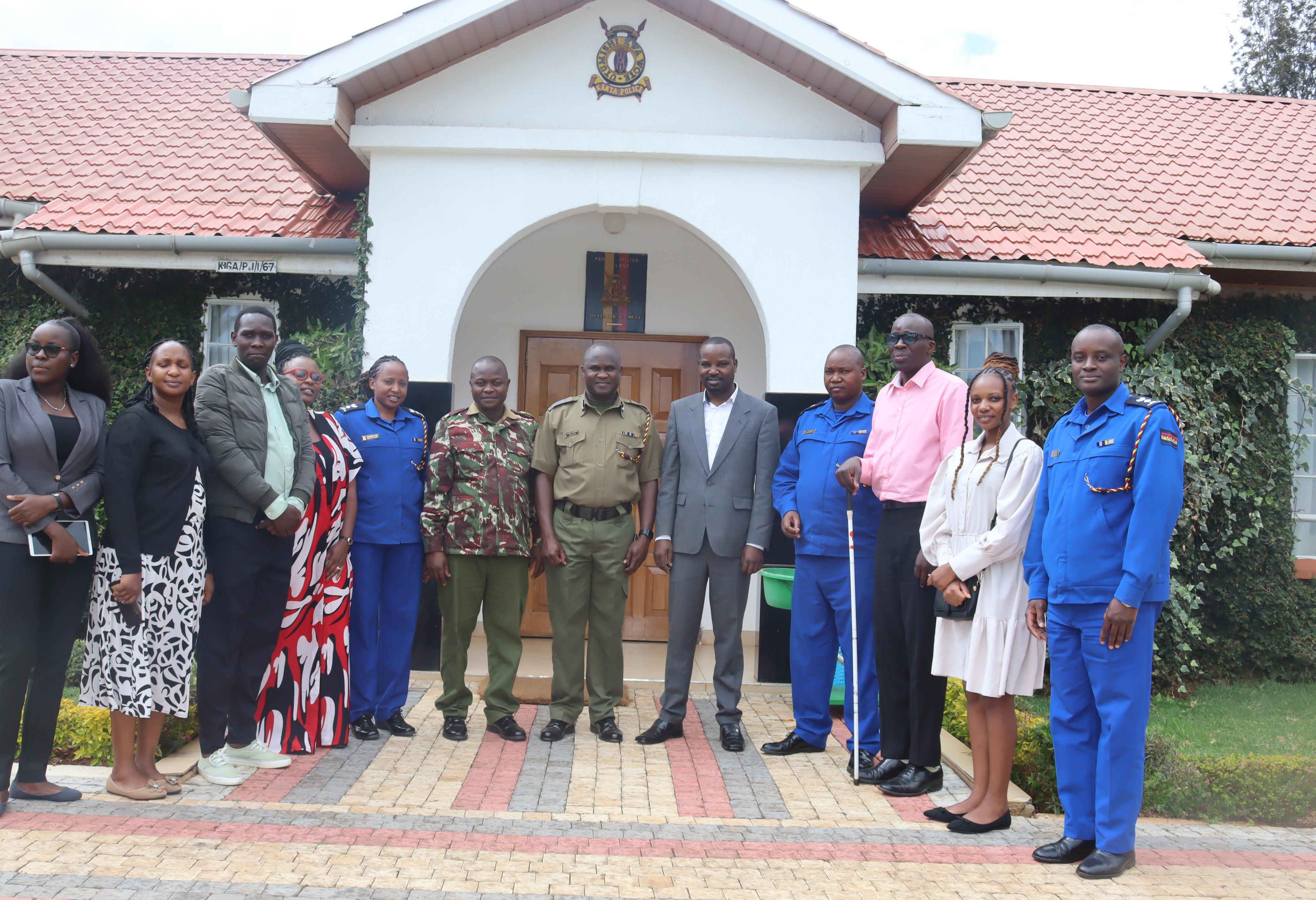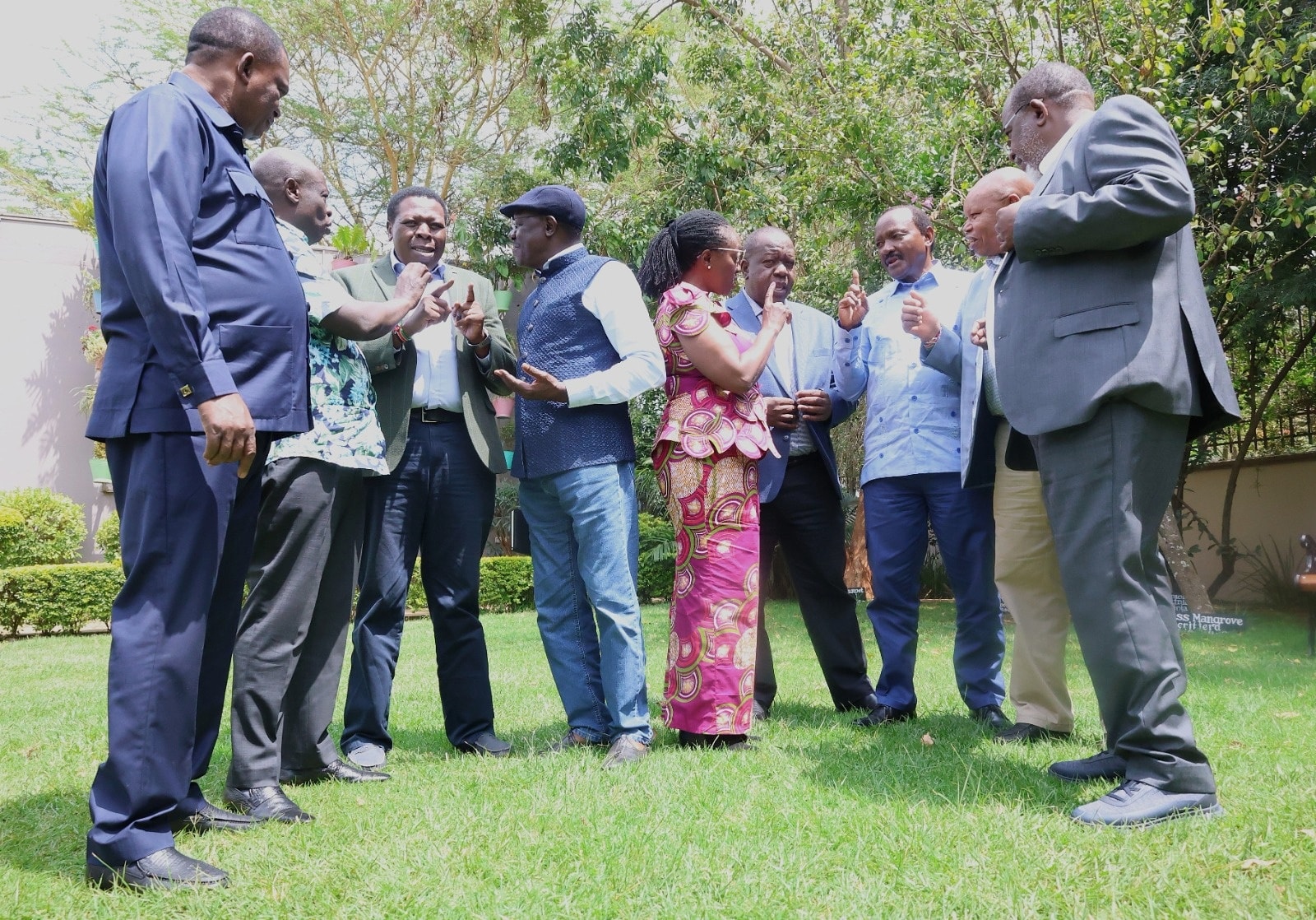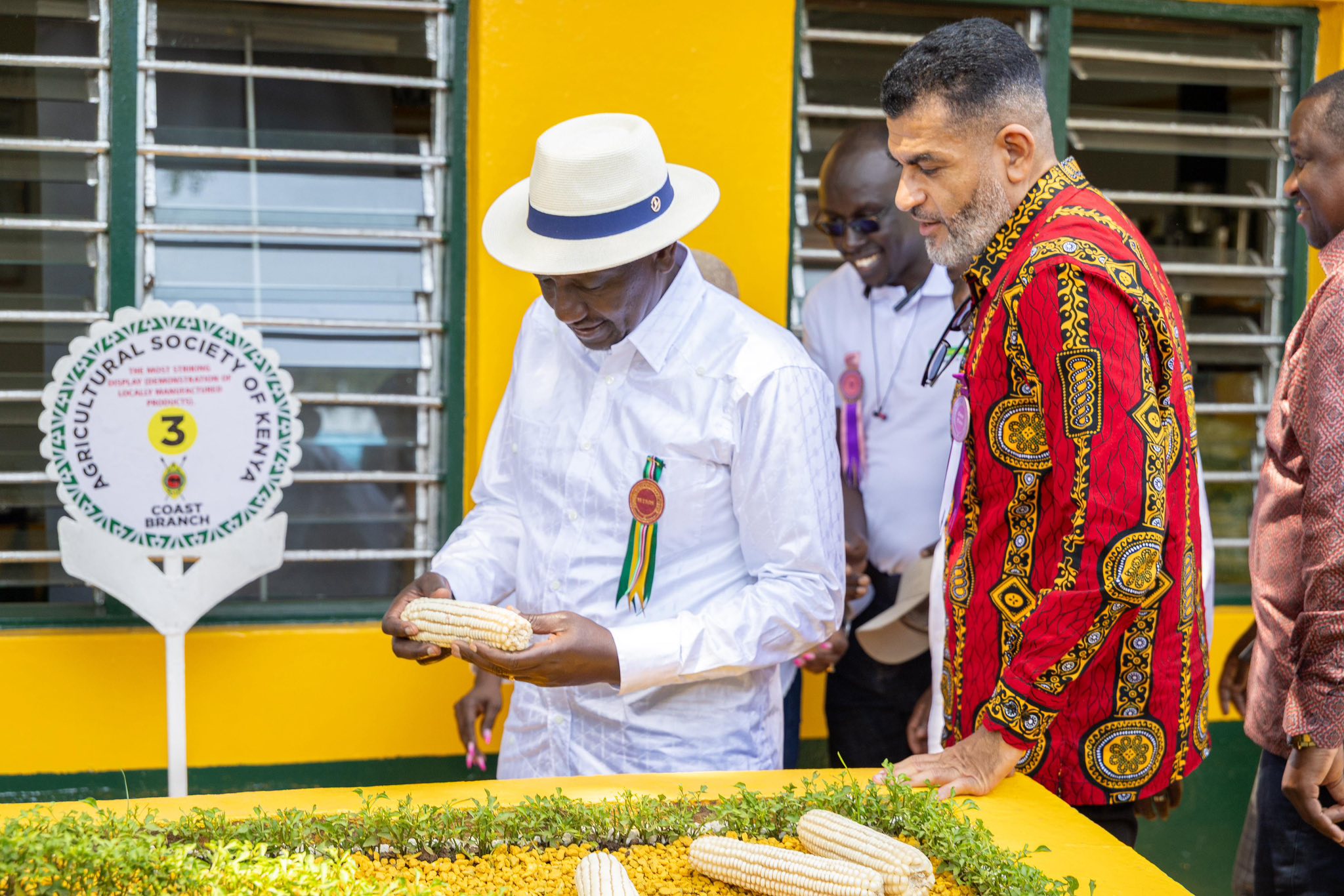International Day of Police Cooperation: Police Training Must Prioritize Disability Awareness

Police brutality disproportionately affects persons with disabilities due to misunderstandings, inadequate training, and communication barriers, leading to tragic outcomes like increased fatalities and abuse.
People with intellectual or non-verbal disabilities are especially vulnerable, as their communication styles or behaviors can be misinterpreted as non-compliance or danger by officers unprepared to handle such situations.
This issue has become a pressing concern in the country, resurfacing during last year's finance bill protests and again during this year's commemorative events, where a PWD activist in Nakuru was arrested. Police were criticized for their use of force during the incident, which highlighted the urgent need for a review of police protocols when dealing with persons with disabilities.
This situation raises significant concerns about the capacity of police to manage public assemblies while considering the needs of persons with disabilities. It prompts critical questions that need to be addressed, such as: How should officers communicate with someone visually impaired or Deaf? What is the correct procedure for arresting a person in a wheelchair? And how can police differentiate between a genuine threat to public order and the behavior of someone with an intellectual disability?
Despite these challenges, the legal framework is clear. Article 54 of the 2010 Constitution mandates that all persons, including police, must protect the rights and freedoms of PWDs by treating them with dignity.
Furthermore, the Bill of Rights guarantees the right to freedom of assembly to every person, including PWDs, provided their conduct is lawful.
However, these constitutional protections are not always upheld, and police must treat PWDs with the respect they are legally entitled to, rather than as an act of charity.
To address this gap between law and practice, practical approaches are necessary. Officers should be trained on how to interact with individuals with various disabilities, such as handcuffing deaf persons from the front to allow for communication, using caution when arresting and transporting wheelchair users, and speaking slowly and clearly to those with intellectual disabilities.
When apprehending someone with a learning disability, patience is paramount. Additionally, police should collaborate with mental health professionals when PWDs are involved in a crime.
Ultimately, the solution lies in mandatory and comprehensive disability awareness training for law enforcement. Initiatives like Signs Media's disability mainstreaming, which has already sensitized over 700 police officers at the National Police Service Main Campus in Kiganjo, are crucial steps in this direction.
This work is founded on the belief that people with disabilities deserve the same opportunities as everyone else, and that the police force must become a more inclusive institution that serves and protects all citizens equally. On this International Day of Police Cooperation, we are reminded of this critical goal.
Tags: Signs Media Kenya Limited Editor's Pick Kiganjo NCPWD Nps
Related
Share this article
Experienced and versatile writer, dedicated to using my exceptional writing and editing skills to inform and advocate. My work focuses on educating and entertaining readers on a range of topics, with a particular expertise in matters of disability.
View articles

